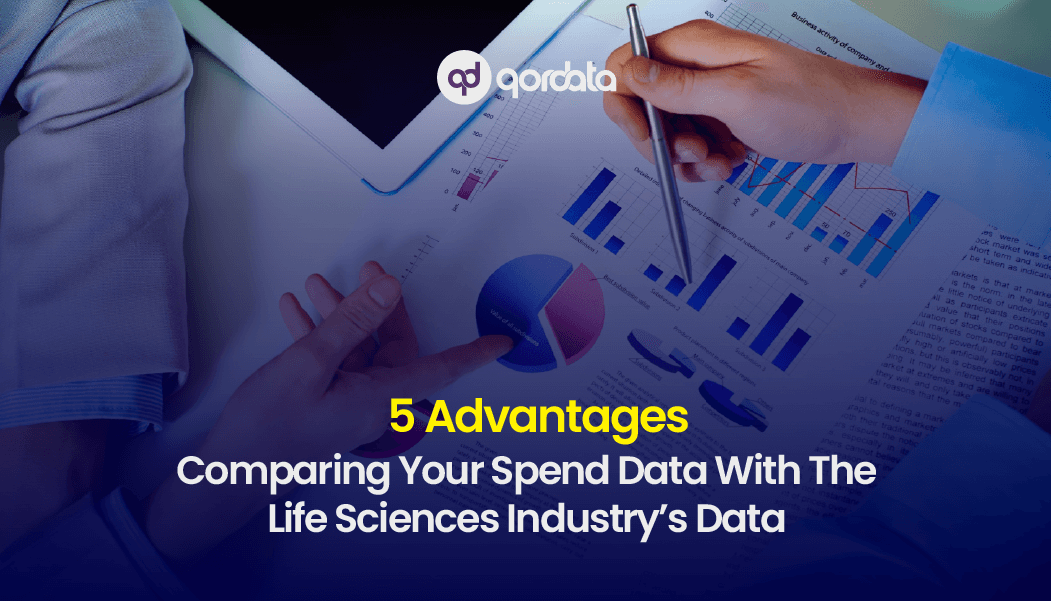Table of Contents
ToggleImagine yourself focusing hard, while being mindful of a lot of things simultaneously taking place in many different directions. Lots of sensory and background information flowing at you, which could overwhelm you had you been a newcomer.
The task looks operational, but it has high-risk, long-term consequences. It is absolutely necessary to get it right each time. Nearly always, it’s a race against time, as you find some peers rushing past you and others aggressively eyeing your spot.
Sounds like a strategic activity? It is. It’s driving your car. It’s something you do every day, almost effortlessly.
Except that it would not be as effortless without some help.
Strategy Happens In The Front Seat: Data Visibility At The Core Of Good Compliance Practices
Dashboards in your car provide you with a quick summary of vital information – how much fuel you have, the speed you are going at, and whether there is an issue with the engine.
It does all this visually so you can capture and understand this information with a sub-second glance, and your focus stays on the road. Now picture yourself in the driving seat but with no access to the car dashboard – how would you feel?
Close your eyes and think about it for a minute.
See the difference?
That’s why atqordata—where we work with compliance teams across the globe, we are surprised to find many of them operating without access to the basic vitals of the company.
Some even go throughout the year without ever looking at their spend transactions in any meaningful way. Some even submit their annual spend to CMS without knowing what is in it.
And, like driving, moving forward without any visibility can have consequences.
The Drive To Excellence: Are You Properly Equipped For Your Compliance Journey?
In 2016’s CMS Open Payments data, we found many single meal transactions with HCPs that exceeded $5,000! And, with our longstanding experience in data analytics, this isn’t even the first time we’ve found such anomalies. In 2015, the highest single meal transaction was above $15,000.
Now, I am not sure what we are feeding our physicians. But surely there is a blind spot—if basic errors in our spend data are not properly identified and corrected before we report them to the entire world.
Dashboards take care of such blind spots and save you from their less-than-pleasant consequences. Wouldn’t it be nice to have a dashboard that gives you visibility across your spending pattern in a simple, easy-to-use, and consumable format?
Surely, we cannot conceive of driving a car any other way.
Avoiding Data Blind Spots With Visibility
Compliance professionals are in the driving seat of their companies. Our employers depend on us to know when to hit the brakes to decrease speed or to take a detour to avoid a major roadblock.
Not only are we the drivers, but we are also the only insurance policy our companies have. We can save our companies from millions in fines and penalties if we have a good grip on our spend data.



